#Epoxy flooring in Ahmedabad
Enhance Chemical & Textile Plant Floors in Ahmedabad with Sunanda’s Heavy-Duty Epoxy Systems
16 National Offices
5 International Offices
45+ Years in the Industry
5% Annual Revenue Invested in R&D
Book a free consultation with our epoxy flooring experts.
Leakage Problem Solutions We Offer
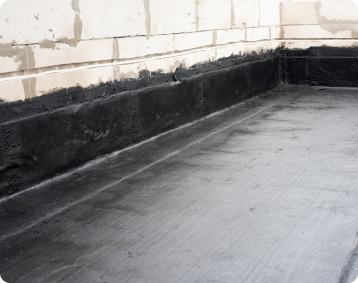
SUNEPOXY SL UNDERLAY
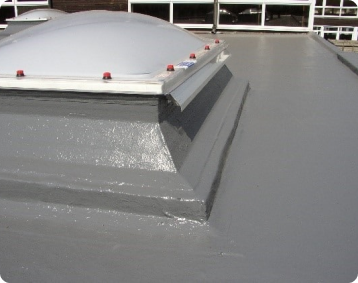
SUNEPOXY AS
Designed for sterile and anti-static applications, this eco-conscious epoxy floor system includes antimicrobial protection, suitable for defence and high-purity zones.
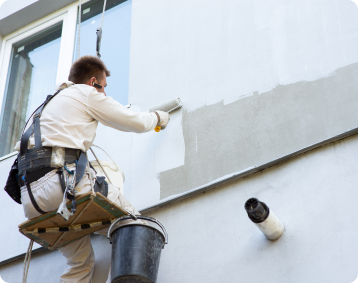
SUNEPOXY EI
The epoxy insulation coating delivers superior dielectric protection, ensuring safety in substations and other high-voltage installations.

SUNEPOXY FLR HB
Provides a waterproof and abrasion-resistant finish that maintains hygiene standards in production lines and workshop floors.

SUNEPOXY SL TOPCOAT

SUNEPOXY PU
This hybrid flooring system offers both strength and flexibility, making it ideal for traffic-heavy areas like parking structures.
Key Projects

Key Projects

Key Projects
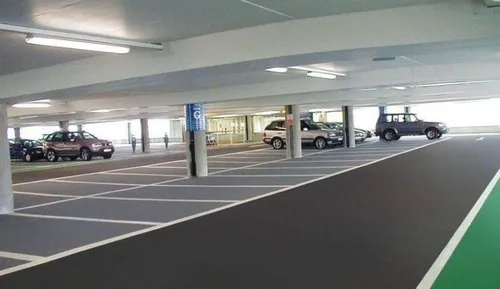
Key Projects
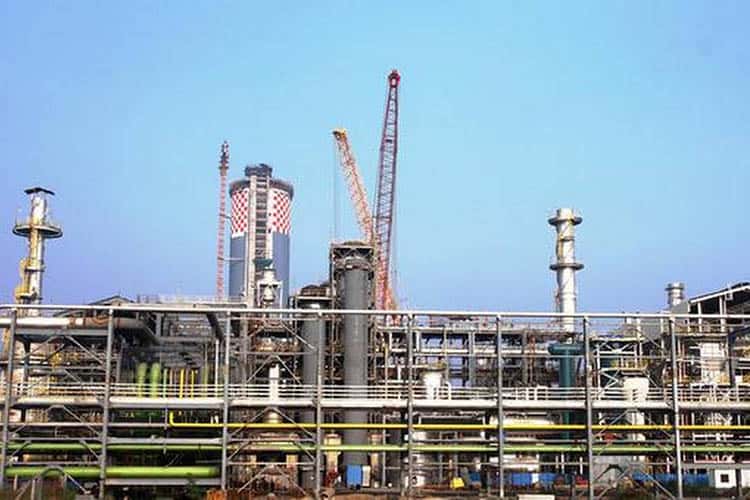
Why Choose Us?
Experienced Professionals
Our team understands Ahmedabad’s industrial safety codes and environmental challenges, providing expert epoxy flooring installation.
Transparent Pricing
We maintain honest pricing to support Ahmedabad’s competitive industrial environment, ensuring projects stay within budget.
45 Years of Experience
Bringing rich experience from multiple projects in Gujarat’s largest industrial city, we deliver technical and durable flooring systems.
Proven Track Record
Our extensive work in Ahmedabad includes delivering solutions for large factories and commercial complexes, backed by proven performance.
Awards and Recognition
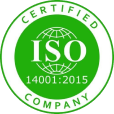
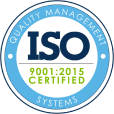

Frequently Asked Questions (FAQ)
Q. How thick should the epoxy coating be for heavy-duty industrial use?
For heavy-duty applications such as chemical plants, textile manufacturing, or engineering units, the epoxy coating should typically range between 2 mm to 5 mm in thickness. Thicker self-leveling or trowel-applied epoxy systems offer greater impact resistance, load-bearing capacity, and long-term durability under heavy machinery and foot traffic.
Q. How do you maintain epoxy floors exposed to frequent spillages?
Epoxy floors are easy to maintain, even with frequent chemical or liquid spillages. Regular cleaning with a mild detergent and water is usually sufficient. For chemical industries, periodic inspection and prompt cleaning of spills prevent long-term surface damage and help maintain the floor’s glossy, seamless finish.
Q. Are epoxy floors safe and compliant with environmental norms in Gujarat?
Yes. Sunanda Global’s epoxy flooring systems are low-VOC, solvent-free, and fully compliant with Gujarat’s environmental safety standards. They meet industrial hygiene requirements and contribute to cleaner, safer workplaces while supporting sustainability initiatives in manufacturing facilities.
Q. Can Sunanda Global customize flooring based on specific chemical resistance needs?
Absolutely. Sunanda Global offers custom-formulated epoxy systems designed to resist specific chemicals, acids, alkalis, or solvents used in your process. Our technical team studies your plant environment and recommends the right formulation to ensure superior resistance and long-term performance.
Q. Which epoxy systems are best for chemical-resistant flooring in Ahmedabad’s industrial areas?
For Ahmedabad’s chemical and textile industries, high-build epoxy coatings and novolac epoxy systems are ideal. These floors provide excellent resistance to acids, alkalis, and solvents, making them perfect for chemical plants, dye manufacturing units, and laboratories operating in GIDC zones.
 Skip to content
Skip to content

